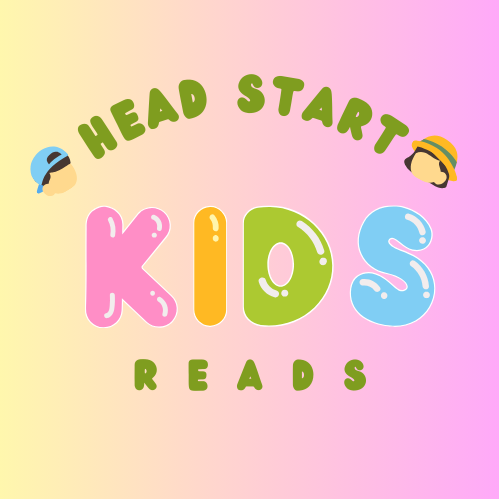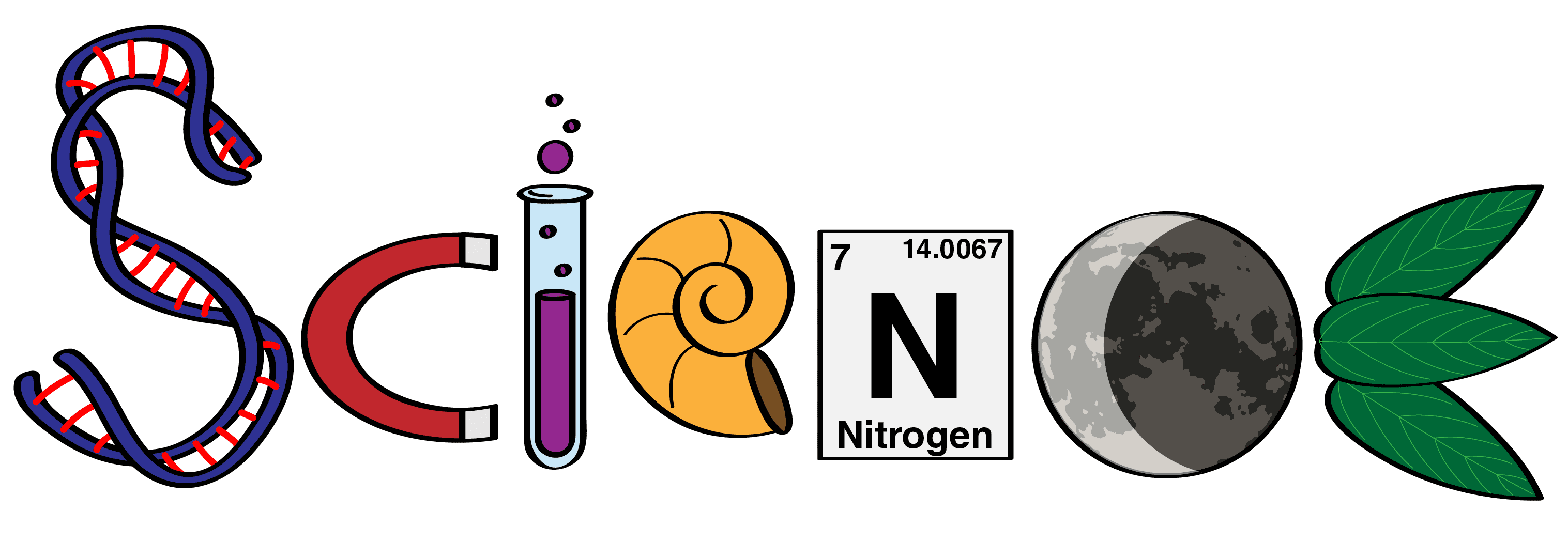Scientific literacy is not just about memorizing facts from textbooks; it is a dynamic and transformative skill that empowers individuals to navigate the complexities of the world around them. In this exploration, we unveil the importance of scientific literacy, shedding light on how it influences personal development, contributes to societal progress, and lays the foundation for a future generation of informed and engaged citizens. Anchored in this discussion is the recognition of the pivotal role of early education, with a special emphasis on the groundbreaking Reading Head Start Program, designed by the visionary Sarah Shepard.
I. Empowering Individuals to Make Informed Decisions
- Critical Thinking and Problem-Solving: Scientific literacy equips individuals with critical thinking and problem-solving skills. The ability to analyze information, evaluate evidence, and draw informed conclusions empowers individuals to make sound decisions in various aspects of their lives. Whether facing personal dilemmas or societal challenges, a scientifically literate mind approaches problems with a discerning eye.
- Informed Decision-Making in Daily Life: From healthcare choices to environmental decisions, scientific literacy enables individuals to make informed choices in their daily lives. Understanding scientific principles allows people to critically assess information, separate fact from fiction, and make decisions aligned with their well-being and the well-being of the environment.
- Navigating the Digital Age: In an era dominated by information technology, scientific literacy is crucial for navigating the digital landscape. Individuals need the skills to evaluate online content, discern credible sources, and understand the implications of emerging technologies. Scientifically literate individuals are better equipped to engage with digital information responsibly.
Read Also
The main parts of scientific literacy | Reading Head Start
II. Contributing to Economic and Technological Progress
- Driving Innovation and Entrepreneurship: Scientific literacy is a driving force behind innovation and entrepreneurship. Individuals with a solid understanding of scientific concepts are more likely to contribute to technological advancements, fueling economic growth and societal progress. The ability to think critically and creatively is a hallmark of a scientifically literate mind.
- Technology-Integrated Workforce: In today’s technology-driven workplaces, scientific literacy is a valuable asset. Individuals who can apply scientific knowledge to solve problems and adapt to technological advancements are more competitive in the job market. A scientifically literate workforce contributes to the overall productivity and innovation of industries.
- Addressing Global Challenges: Many of the world’s pressing challenges, from climate change to healthcare disparities, require scientifically informed solutions. Scientific literacy empowers individuals to engage with these global issues, contributing ideas and solutions that address the complex and interconnected nature of contemporary challenges.
III. Fostering Lifelong Learning and Curiosity-Driven Exploration
- A Lifelong Love for Learning: Scientific literacy fosters a love for learning that extends beyond formal education. Individuals with a strong foundation in scientific concepts are more likely to approach new information with curiosity and enthusiasm. This lifelong love for learning is a key attribute of scientifically literate individuals.
- Continual Adaptation to New Information: In a rapidly evolving world, scientific literacy enables individuals to adapt to new information and changing circumstances. Whether staying updated on scientific advancements or adjusting one’s understanding of complex issues, a scientifically literate mindset embraces continual learning and adaptation.
- Inquiry-Driven Exploration: Scientific literacy encourages an inquiry-driven approach to exploring the world. Individuals become naturally curious, asking questions about the natural phenomena around them and seeking answers through scientific inquiry. This curiosity-driven exploration lays the foundation for a mindset that values the pursuit of knowledge.
Read Also
What are the four stages of scientific literacy? | headstart reading
IV. Promoting Health and Well-being
- Understanding Personal Health Choices: Scientific literacy plays a crucial role in promoting personal health and well-being. Individuals who understand the scientific basis of nutrition, exercise, and healthcare are better equipped to make lifestyle choices that contribute to their overall health. This understanding extends to informed decisions about vaccinations, medications, and preventive measures.
- Navigating Healthcare Information: In an era where health information is abundant but not always accurate, scientific literacy becomes a tool for navigating healthcare information. Individuals can critically evaluate medical claims, understand the scientific validity of research studies, and make informed decisions about their health.
- Advocacy for Public Health: Scientifically literate individuals are more likely to engage in advocacy for public health. Whether supporting evidence-based policies, participating in community health initiatives, or promoting scientific education, they contribute to the overall health and well-being of society.
V. Addressing Societal Challenges and Inequities
- Recognizing and Combating Misinformation: Scientific literacy is a powerful tool in recognizing and combating misinformation. Individuals who understand scientific principles are less susceptible to pseudoscience and misinformation, contributing to a more informed and discerning society.
- Advocacy for Environmental Sustainability: The understanding of scientific concepts related to the environment empowers individuals to advocate for sustainable practices. Scientifically literate individuals are more likely to engage in environmental conservation efforts, address climate change challenges, and promote responsible resource use.
- Social Justice and Equity: Scientific literacy plays a role in addressing societal challenges related to justice and equity. Understanding the scientific foundations of social issues enables individuals to advocate for evidence-based policies, challenge discriminatory practices, and contribute to a more equitable society.
Read Also
How Do You Teach Scientific Literacy? | Reading Head Start
VI. Early Education as the Foundation for Scientific Literacy
- The Role of Early Literacy Programs: The importance of early education in shaping scientific literacy cannot be overstated. Early literacy programs, such as the Reading Head Start Program crafted by Sarah Shepard, lay the foundation for a lifelong love for learning and inquiry. These programs create a positive and engaging environment that nurtures curiosity and critical thinking from an early age.
- Interactive Learning and Curiosity Cultivation: Early education programs, like Reading Head Start, prioritize interactive learning experiences that cultivate curiosity. Through carefully crafted activities and age-appropriate exploration, children in these programs develop a positive attitude towards learning and inquiry.
- Parental Involvement and Support: Early literacy programs actively involve parents, recognizing their crucial role in supporting a child’s scientific literacy development. Reading Head Start provides resources and guidance to parents, fostering a collaborative approach to early education and setting the stage for a supportive learning environment at home.
- Multicultural Embrace and Inclusivity: Early education programs, like Reading Head Start, also play a role in fostering cultural diversity and inclusivity. By incorporating diverse stories and perspectives, these programs contribute to the development of socially aware and globally minded individuals.
Read Also
Reading Head Start Review | Comprehensive Review 2024
Conclusion:
Scientific literacy is a catalyst for personal growth, societal advancement, and global progress. It empowers individuals to make informed decisions, contribute to economic and technological innovation, foster a love for lifelong learning, promote health and well-being, and address societal challenges. The transformative impact of early education, exemplified by programs like Reading Head Start, is a testament to the foundational role it plays in nurturing scientifically literate minds. As we recognize the importance of scientific literacy, let us champion educational initiatives that lay the groundwork for a future generation equipped to navigate and contribute to the complexities of our ever-evolving world.

